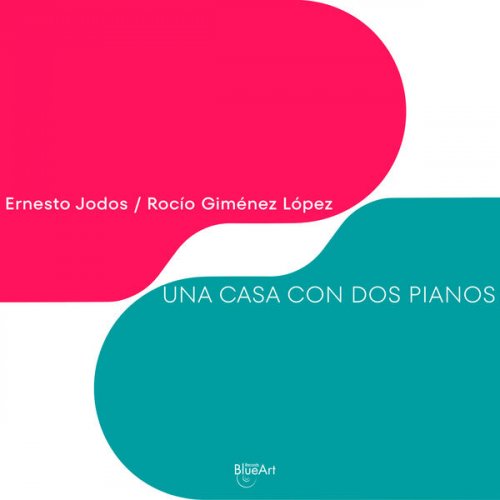Tony Chen Lin - Digressions (2018) [Hi-Res]

Artist: Tony Chen Lin
Title: Digressions
Year Of Release: 2018
Label: Rattle
Genre: Classical Piano
Quality: flac lossless / flac 24bits - 44.1kHz
Total Time: 01:06:06
Total Size: 237 / 518 mb
WebSite: Album Preview
TracklistTitle: Digressions
Year Of Release: 2018
Label: Rattle
Genre: Classical Piano
Quality: flac lossless / flac 24bits - 44.1kHz
Total Time: 01:06:06
Total Size: 237 / 518 mb
WebSite: Album Preview
01. Piano Sonata, Sz.80: I. Allegro moderato
02. Piano Sonata, Sz.80: II. Sostenuto e pesante
03. Piano Sonata, Sz.80: III. Allegro molto
04. French Suite No. 5 in G Major, BWV 816: I. Allemande
05. French Suite No. 5 in G Major, BWV 816: II. Courante
06. French Suite No. 5 in G Major, BWV 816: III. Sarabande
07. French Suite No. 5 in G Major, BWV 816: IV. Gavotte
08. French Suite No. 5 in G Major, BWV 816: V. Bourrée
09. French Suite No. 5 in G Major, BWV 816: VI. Loure
10. French Suite No. 5 in G Major, BWV 816: VII. Gigue
11. Digression (Meditation on R.S.)
12. Humoreske, Op. 20: Einfach
13. Humoreske, Op. 20: Hastig
14. Humoreske, Op. 20: Einfach und zart
15. Humoreske, Op. 20: Innig
16. Humoreske, Op. 20: Sehr lebhaft
17. Humoreske, Op. 20: Zum Beschluss
Pianist Tony Chen Lin understandably tries to explain and justify why he’s brought these particular four compositions together for a recital disc. Yet he doesn’t need to, because they add up to a wonderfully contrasted program.
Opening with Bartók’s Piano Sonata guarantees attention, especially considering Lin’s grounded rhythm and decisive articulation in the outer movements. In addition, he successfully reconciles the central movement’s sustained lyricism and forceful “pesante” qualities. Lin also strikes a happy balance mixing and matching legato cantabiles and clipped detaché phrases through Bach’s G major French Suite. My only half-quibbles concern an overly fast Bourrée, plus rhythmic mannerisms in the Gavotte and Loure.
While Lin displays plenty of sensitivity and musicality in Schumann’s Humoreske, I miss the textural clarity and marked contrasts in mood that other pianists bring out. In the rapid Sehr Lebhaft section, for example, Lin shifts focus between the perpetual motion 16th notes and the bass lines in a seemingly random manner, compared to Claudio Arrau’s impeccable alignment and transparency.
Although Lin’s Digression purportedly draws upon Schumann for inspiration, his sparse, slow-motion language and telling use of silence and long decaying resonances superficially follow the Morton Feldman/Toru Takemitsu playbook. Yet Lin’s strong creative personality is borne out in the music’s purposefulness and careful craftsmanship. Dare I say that I find Lin to be a more interesting composer than pianist? I look forward to hearing more of his own music!


![Mammal Hands - Circadia (2026) [Hi-Res] Mammal Hands - Circadia (2026) [Hi-Res]](https://www.dibpic.com/uploads/posts/2026-02/1771945393_folder.jpg)




![Ex Novo Ensemble - Claudio Ambrosini: Chamber Music (2020) [Hi-Res] Ex Novo Ensemble - Claudio Ambrosini: Chamber Music (2020) [Hi-Res]](https://img.israbox.com/img/2026-02/22/z541qb9ul4q390uxlw1d9iak3.jpg)
